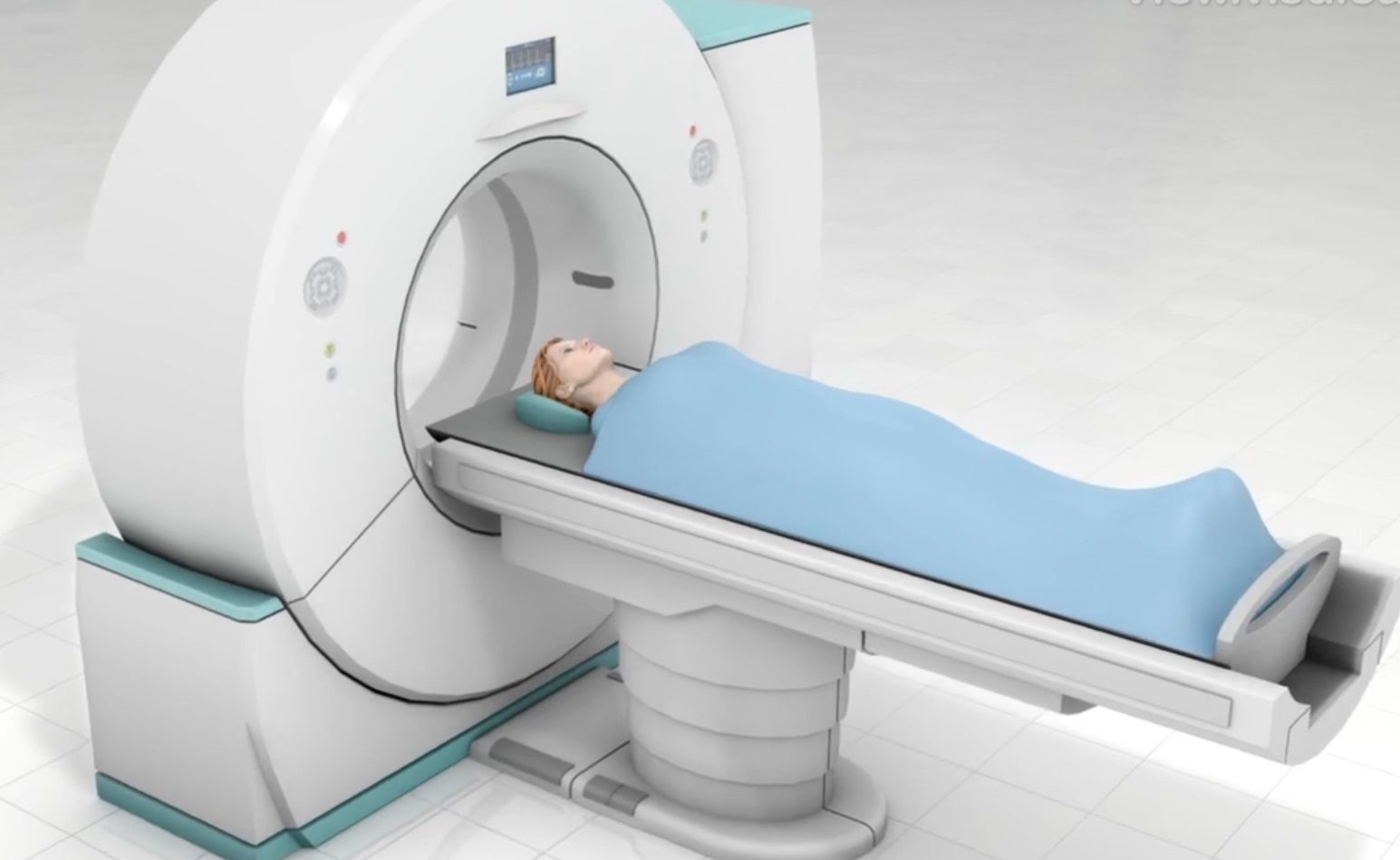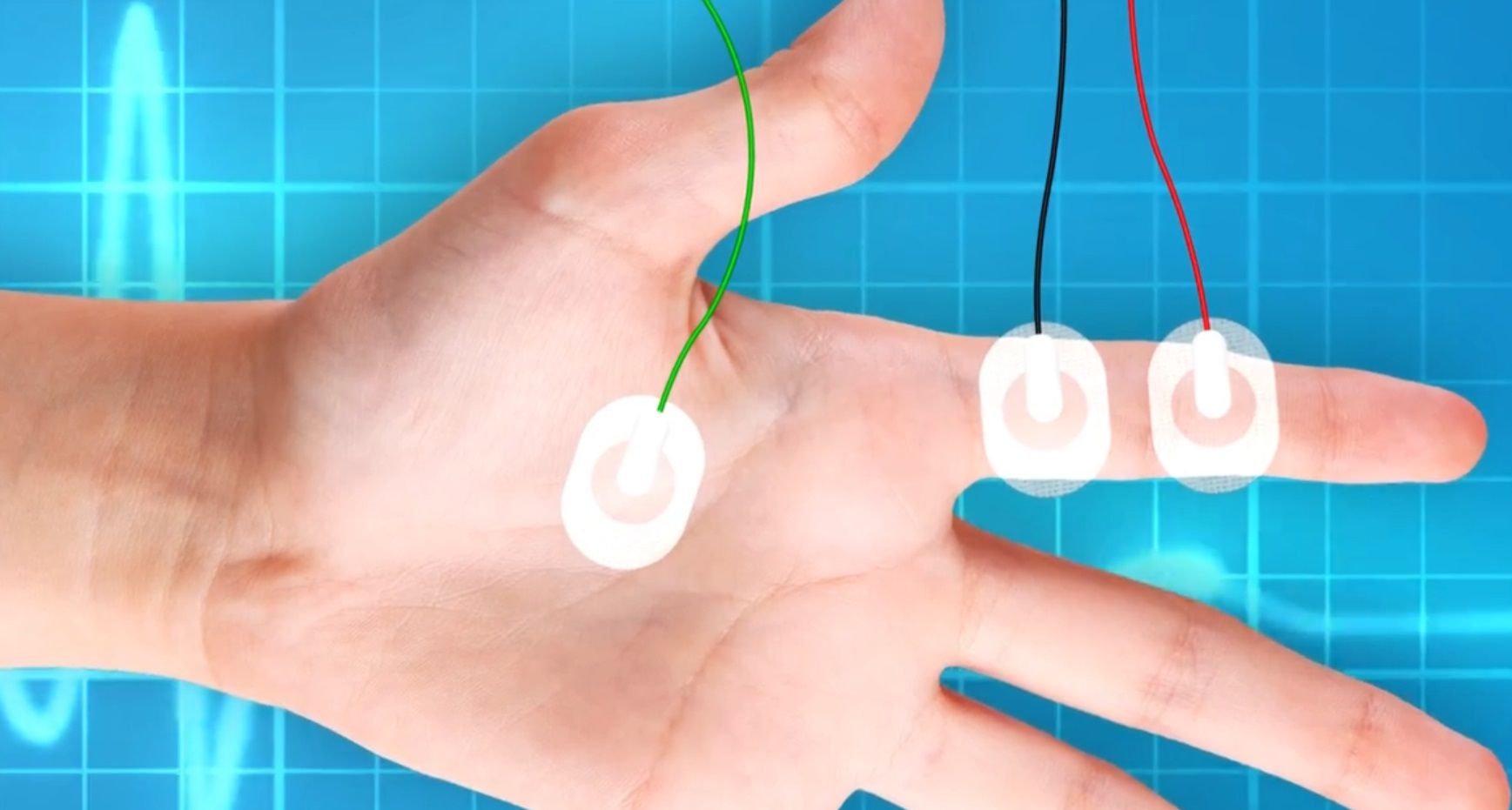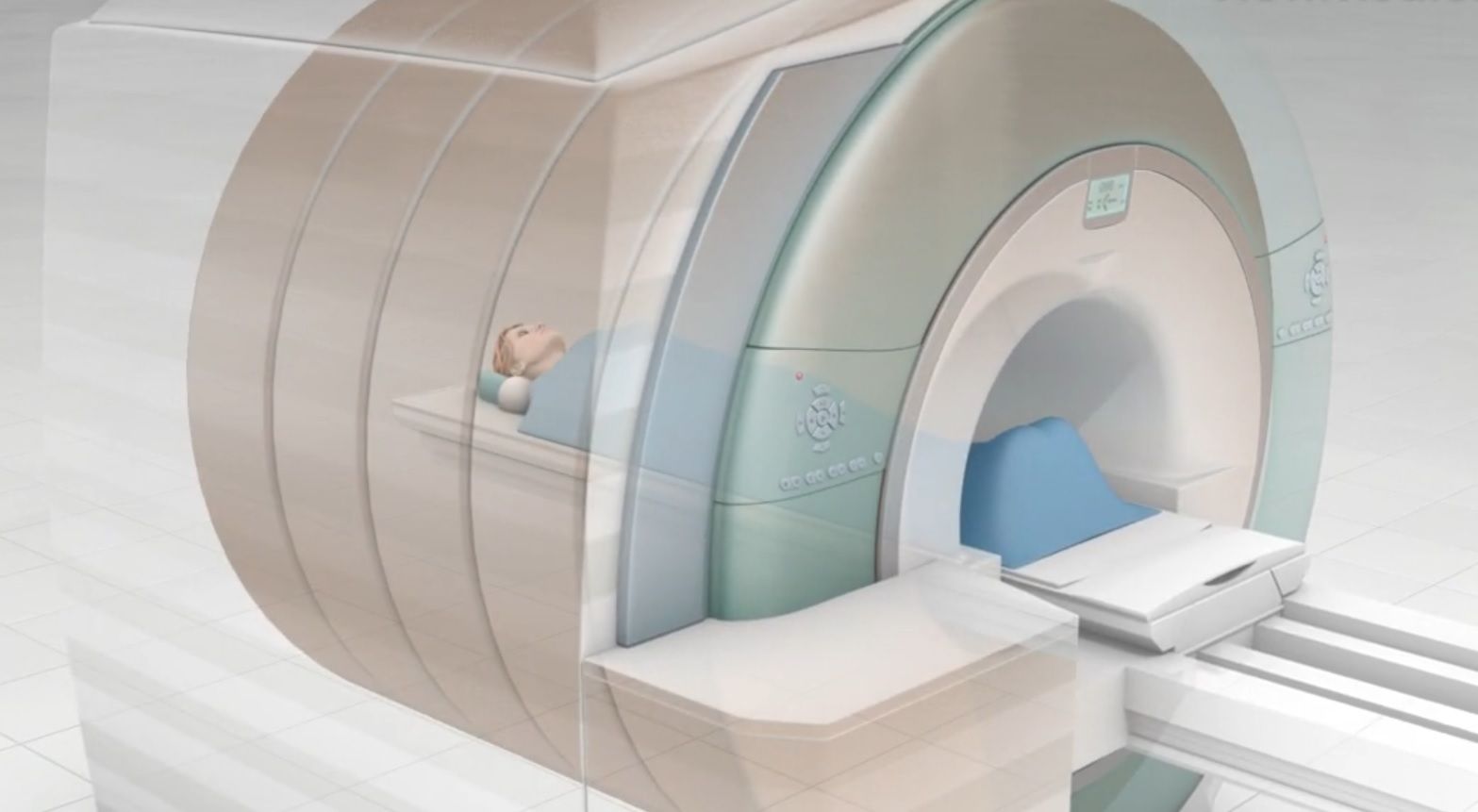Nerve Conduction Study (NCS and NCV)
This noninvasive, outpatient exam is used to measure how quickly nerves conduct electrical signals through the body. NCS is a valuable technique for diagnosing nerve damage. If damage exists, NCS can help a physician find its source.
Nerve Conduction Study (NCS and NCV)
Nerve Conduction Study (NCS and NCV)
Overview
A nerve conduction study (NCS), also called a nerve conduction velocity (NCV), is a noninvasive exam that measures how quickly nerves conduct electrical signals through the body. It helps your doctor diagnose nerve damage and devise an appropriate treatment plan.
Exam
You are positioned comfortably and electrodes are placed on your skin at various locations. Stimulating electrodes send mild electrical currents through the target nerve. Recording electrodes detect the passing of these signals and measure the speed and strength of the nerves response to the electrical stimulation. This data informs your doctor about any nerve dysfunction.
End of Procedure
When the exam is finished, the electrodes are removed from your body and you are discharged home. Because the exam is noninvasive, you will experience no bruising or soreness. You will learn the exam results in a follow-up doctor visit.
Revised from www.viewmedica.com © Swarm Interactive. Unauthorized duplication is strictly forbidden.
- Category / Diagnosis




